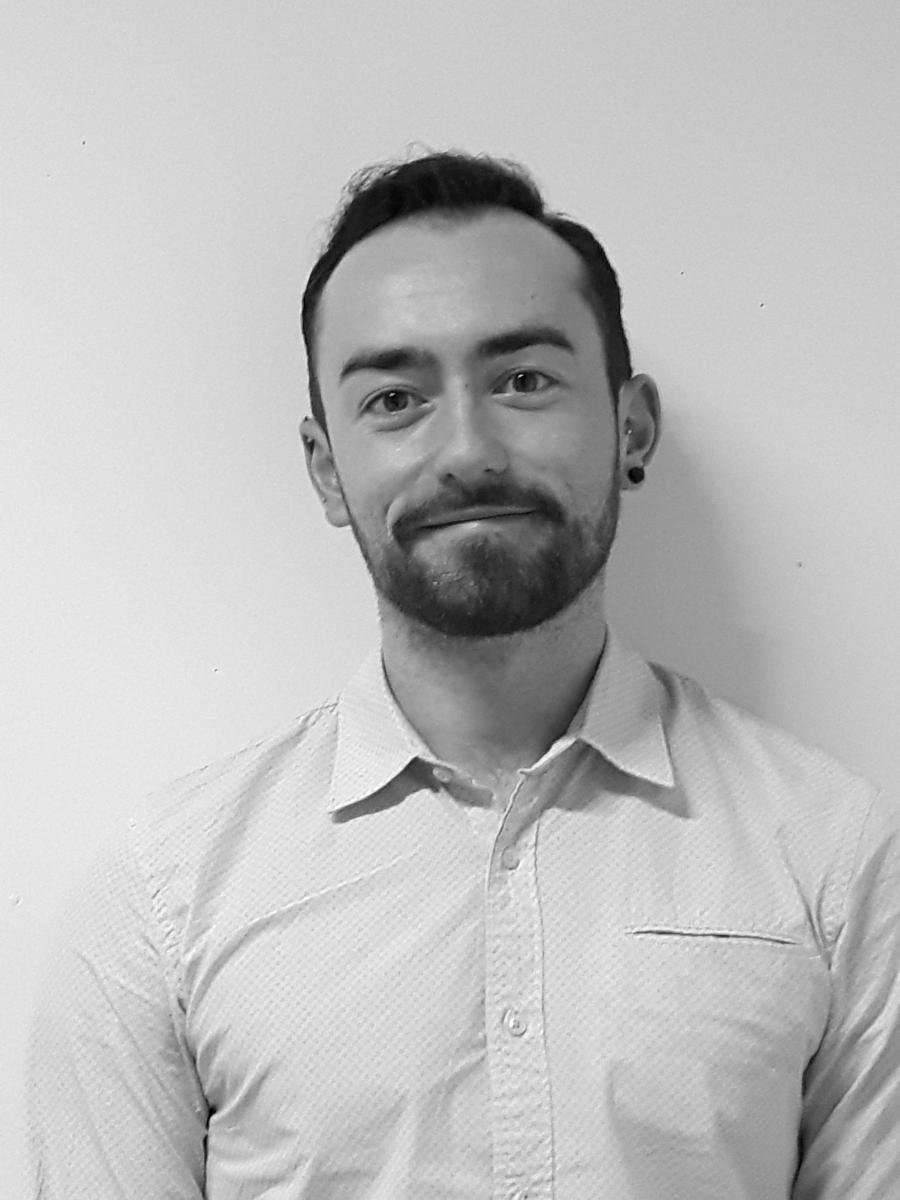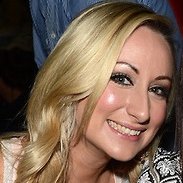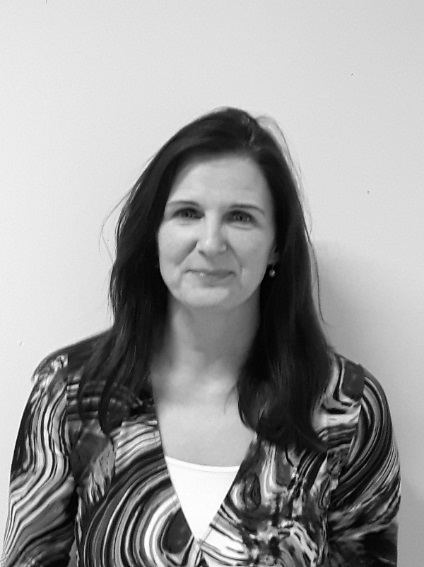Advances in RFT: Implications for Clinical Behavior Analysis




The overarching aim of the workshop is to explore the implications of recent conceptual advances in RFT for clinical practice, especially in ACT. The workshop will be divided into 3 parts. Part 1 will examine “cutting-edge” developments in RFT, focusing on the Hyper-Dimensional Multi-Level (HDML) framework for analyzing the dynamics of arbitrarily applicable relational responding (AARR). Part 2 will illustrate how the HDML framework may be used to facilitate links between RFT and clinical assessment and treatment, with working examples. Part 3 will elaborate on Part 2 using real case material and role plays, provided by both workshop leaders and workshop attendees.
Attendees are strongly encouraged to bring with them an example of one of their own clinical cases.
About Yvonne Barnes-Holmes, Ph.D.:
Since October 2015, Dr. Yvonne Barnes-Holmes has been the Senior Research Fellow of an Odysseus I Award on “Toward a Relational Frame Theory Account of Human Psychopathology within a Functional-Cognitive Framework” and Associate Professor in Behaviour Analysis, both at the Department of Experimental-Clinical and Health Psychology, Ghent University. She was formerly tenured faculty, including Head of Department, at the Department of Psychology, National University of Ireland Maynooth since 2003. She graduated from the latter in 2001 after completing an experimental Ph.D entitled Analysing relational frames: Studying language and cognition in young children. Since 2001, she has been involved in attracting 4million+ euros in funding. She is supervising or has graduated 19 doctorates and 7 Masters. She has published 120+ articles and book chapters and given 400+ talks and workshops. She is a recognized World Trainer in Acceptance and Commitment Therapy (ACT). Her areas of research interest include: the development of language and cognition; functional analyses of psychological suffering, especially depression, PTSD and psychosis; Behavioural and cognitive psychotherapies, especially acceptance and change therapies; and Critical psychology/psychiatry.
About Ciara McEnteggart, Ph.D.:
Since October 2015, Dr. Ciara McEnteggart has been a postdoctoral researcher of Odysseus at the Department of Experimental-Clinical and Health Psychology, Ghent University. Ciara graduated from the Department of Psychology, National University of Ireland Maynooth in 2015 after completing an experimental Ph.D under the supervision of Dr. Yvonne Barnes-Holmes on an experimental analysis of voice hearing. To date, Ciara has published 28 articles and 7 book chapters which center around the conceptual development of Relational Frame Theory and the understanding of human psychological suffering and its alleviation. Ciara’s research interests center around the conceptual development of Relational Frame Theory (RFT; a basic account of human language and cognition), and how such developments can facilitate a deeper understanding of human psychological suffering and its alleviation. As part of the Odysseus project, the team are investigating various relational features of human behavior and how they may function in psychological suffering (e.g. the impact of rules on behavior, relational perspective-taking, distinctions between fear and avoidance), with the principal aim of creating a functional taxonomy of various patterns of suffering. In parallel, Ciara is also working on a number of clinical conceptual developments, for example, how RFT can both inform and enhance clinical work in areas such as assessment, interventions, and the therapeutic relationship. More specifically, Ciara recently offered a relational frame account of dissociation and its relationship with hearing voices in psychosis using a trauma-based developmental model. Creating linkages between the basic science and clinical applications is central to her research and clinical work.
About Dermot Barnes-Holmes, Ph.D.:
Dr. Dermot Barnes-Holmes graduated from the University of Ulster in 1985 with a B.Sc. in Psychology and in 1990 with a D.Phil. in behavior analysis. His first tenured position was in the Department of Applied Psychology at University College Cork, where he founded and led the Behavior Analysis and Cognitive Science unit. In 1999 he accepted the foundation professorship in psychology and head-of-department position at the National University of Ireland Maynooth. In 2015 he accepted a life-time senior professorship at Ghent University in Belgium. Dr. Barnes-Holmes is known internationally for the analysis of human language and cognition through the development of Relational Frame Theory with Steven C. Hayes, and its application in various psychological settings. He was the world's most prolific author in the experimental analysis of human behavior between the years 1980 and 1999. He was awarded the Don Hake Translational Research Award in 2012 by the American Psychological Association, is a past president and fellow of the Association for Contextual Behavioral Science, is a fellow of the Association for Behavior Analysis, International, is a recipient of the Quad-L Lecture Award from the University of New Mexico and most recently became an Odysseus laureate when he received an Odysseus Type 1 award from the Flemish Science Foundation in Belgium.
About Colin Harte, M.Sc.:
Colin’s primary research interest is in the analysis of arbitrarily applicable derived relational responding (AARR) as defined by Relational Frame Theory (RFT). He is particularly interested in the way in which RFT can be used to develop a basic account of rule governed-behaviour. Namely, the potential impact of derived rules, and the dynamics of AARR generally (i.e. level of derivation, coherence, complexity and flexibility), on creating and maintaining this type of behaviour (i.e. persistence in rule-following). As such, the title of his doctoral dissertation is “The role of learning through derived rules or instructions in creating maladaptive behaviours in non-clinical, clinical and sub-clinical populations”. Other interests include Acceptance and Commitment Therapy (ACT), and the clinical implications of RFT for the understanding and treatment of human psychological suffering.
Learning Objectives:
Attendees will be able to:
- Describe the levels of the HDML framework for RFT
- Describe the dimensions of the HDML framework
- Provide examples of how relating within the HDML is relevant to clinical behavior analysis
- Provide examples of how orienting within the HDML is relevant to clinical behavior analysis
- Provide examples of how evoking within the HDML is relevant to clinical behavior analysis
- Understand how the HDML can assist with the functional assessment of clinically relevant verbal behavior
- Understand how the HDML can assist with functional analyses of clinically relevant verbal behavior
- Learn to apply the HDML in the assessment of clinical behavior
- Learn to apply the HDML in the treatment of clinical behavior
- Begin to use the HDML in clinical case studies
Target Audience: Advanced
Components: Conceptual analysis, Experiential exercises, Didactic presentation, Case presentation, Role play
Package Includes: A general certificate of attendance, lunch, and twice daily coffee/tea break on site.
